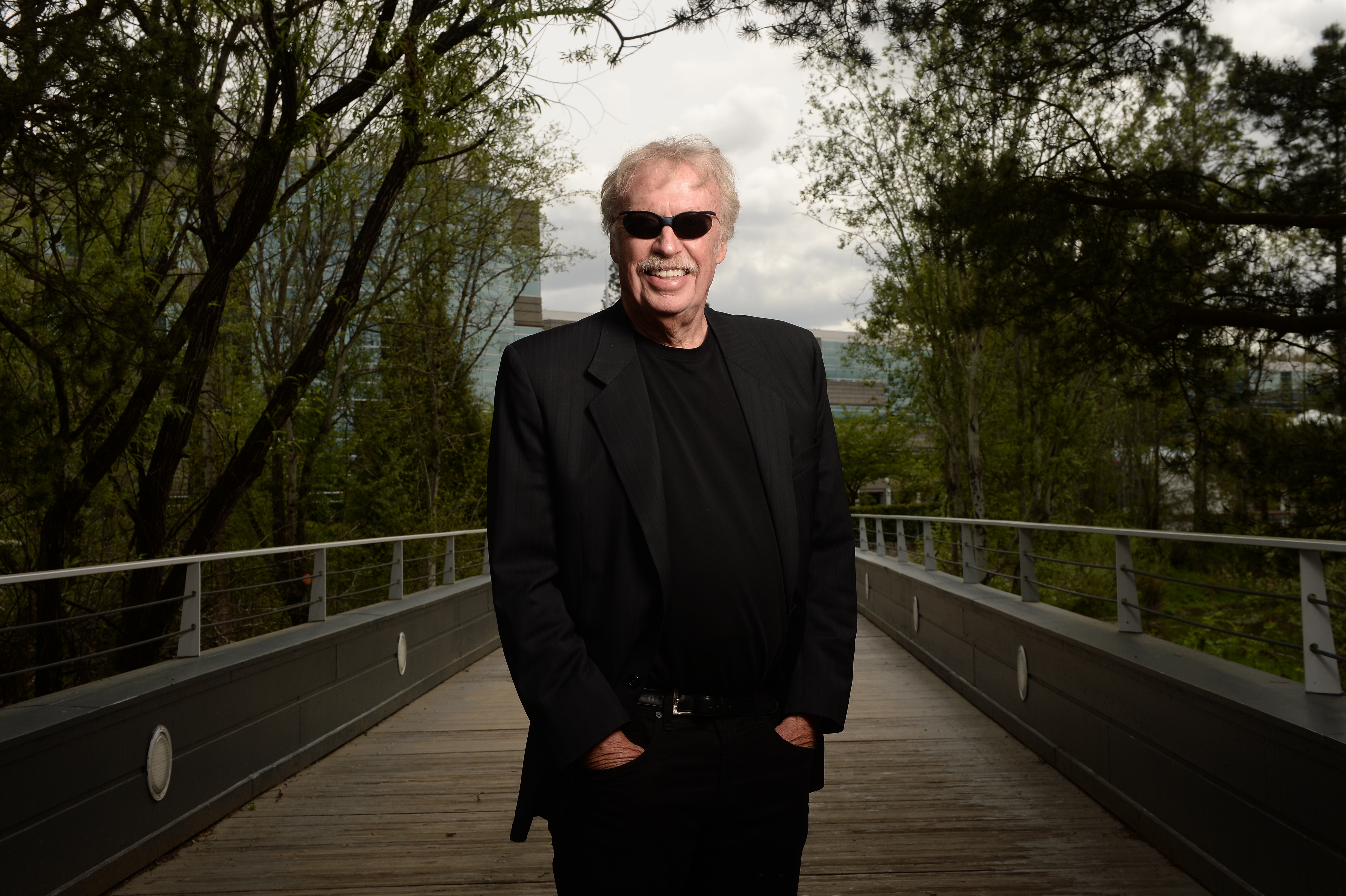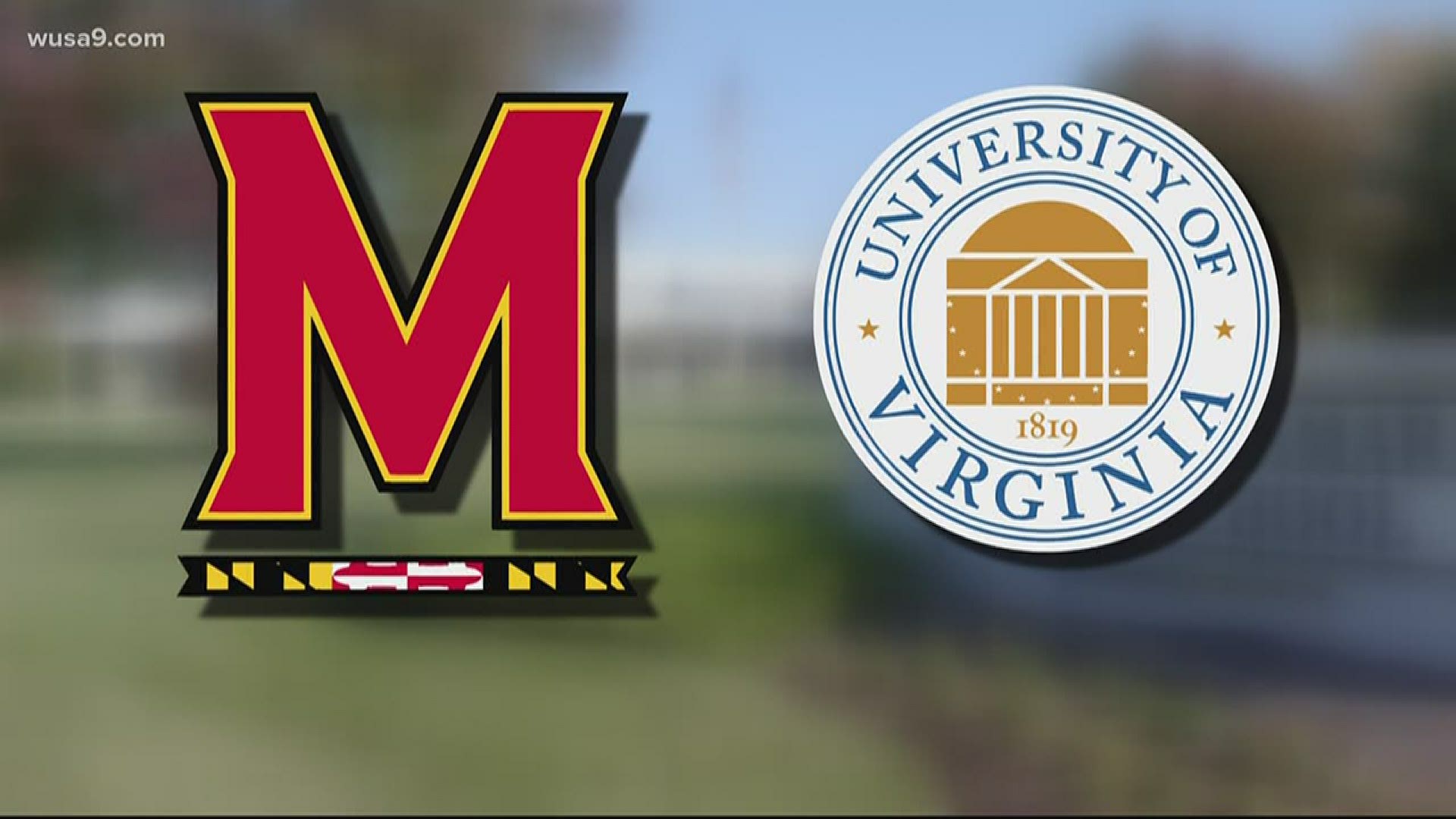![Capital Download: Phil Knight [video : 83534754]](http://videos.usatoday.net/Brightcove2/29906170001/2016/04/29906170001_4863476706001_Knight.jpg?pubId=29906170001)
BEAVERTON, Ore. — Phil Knight sports the Nike brand. Literally.
The 78-year-old founder of the largest athletic footwear and apparel company in the world rolls up his pants leg to show a faded tattoo on his left calf depicting the company's signature swoosh.
Why is it so tiny?
"I was afraid it might hurt," he says with a laugh.
Precisely 50 years ago today, Knight signed a contract with legendary track coach Bill Bowerman formalizing their partnership in a fledgling enterprise, headquartered in his parents' basement and then called Blue Ribbon Sports. Now he's a billionaire and philanthropist, but his memoir Shoe Dog, published today by Scribner, focuses not on the corporate triumph but on the struggling startup.
![635971820040313851-IM5205.jpg [image : 83497134]](http://www.gannett-cdn.com/media/2016/04/25/USATODAY/USATODAY/635971820040313851-IM5205.jpg)
In the book, he worries that the United States might be losing some of the entrepreneurial edge that propelled him and fueled Nike. The students he meets are both "much smarter and more competent" than in his day but also "far more pessimistic," he writes, and a Harvard Business School study recently ranked America behind Peru in entrepreneurial spirit.
"A little bit of a pessimistic cycle as far as the whole country, really," he says in an interview with Capital Download. The windows that span one wall of the Nike board room offer a sweeping view of the leafy corporate campus. "Obviously, the economy has something to do with it. The wages have gone down. But there's a business cycle, too, and I think it affects the emotional cycle."
That said, he adds, "I have faith that the entrepreneurial cycle will be back."
![Capital Download - Conversations with Washington's biggest newsmakers [oembed : 83210100] [oembed : 83210100] [oembed : 83210100] [oembed : 83210100] [oembed : 83210100] [oembed : 83210100] [oembed : 83210100] [oembed : 83210100] [oembed : 83210100] [oembed : 83210100] [oembed : 83210100] [oembed : 83210100] [oembed : 83210100] [oembed : 83210100] [oembed : 83210100] [oembed : 83210100] [oembed : 83210100] [oembed : 83210100] [oembed : 83210100] [oembed : 83210100] [oembed : 83210100] [oembed : 83210100] [oembed : 83210100] [oembed : 83210100] [oembed : 83210100] [oembed : 83210100] [oembed : 83210100] [oembed : 83210100] [oembed : 83210100] [oembed : 83210100] [oembed : 83210100] [oembed : 83210100] [oembed : 83210100]](/Portals/_default/Skins/PrestoLegacy/CommonCss/images/smartembed.png)
The anti-trade sentiment resonating in this year's presidential campaign also troubles him.
In the Democratic race, Vermont Sen. Bernie Sanders blasts free-trade treaties as damaging to American workers. Even Hillary Clinton, who touted the Trans-Pacific Partnership (TPP) when she was secretary of State, now opposes the final agreement. Republican front-runner Donald Trump says the trade deal among the United States and 11 other Pacific Rim nations is "insanity."
"I do believe that international trade agreements benefit both nations, always," Knight says, including the North American Free Trade Agreement. "Everybody's railing on NAFTA now, but since 1996, when we signed NAFTA, the gross national product of the United States has risen three times. Do we really think it would have gone up more than that if we didn't have trade agreements?"
Last spring, President Obama traveled to Nike's world headquarters here to press his case for the Pacific treaty, though it's not likely to be ratified by the Senate anytime soon. The firm's world headquarters, in the process of expanding to more than 400 acres, was a natural setting: Nike is an iconic brand that relies on manufacturers abroad and markets worldwide.
For Knight, Obama's visit validated the company's success in addressing one of its toughest episodes, a firestorm in the 1990s over accusations it tolerated sweatshop conditions and labor abuses among its foreign suppliers.
"We got a lot of negative press," Knight says, still sounding a bit aggrieved. After some early missteps, "we said, 'OK, just watch us going forward and we'll make them better and better,' which I think we really have. And I think there's probably no better communication of that than President Obama came out to promote his TPP. I think that was really an endorsement."
Billionaires and bucket lists
Knight lacks the billionaire's bluster of Trump. He has a lower public profile than Bill Gates or Warren Buffett. He only reluctantly gives interviews and hates posing for photos. Private and self-effacing, he seems uncomfortable talking about himself. So this is no surprise: He's not really looking forward to the publicity tour for his book that started this week.
He decided to write it after going to the movies.
Over the Christmas holidays in 2007, he and his wife, Penny, went to see The Bucket List. In it, a billionaire businessman portrayed by Jack Nicholson and blue-collar mechanic portrayed by Morgan Freeman, both terminally ill, draw up a list of things they want to do before they die.
Leaving the theater just outside Palm Springs, Calif., the Knights ran into two casual friends who just happened to have come together to watch the same movie at the same time in the same Cathedral City multiplex: Buffett and Gates. Now, the odds that three of the world's most prominent entrepreneurs (who live in Oregon, Washington state and Nebraska) would bump into one another at a single California movie theater showing seem long, but there it is.
![635966047572300936-SHOE-DOG.jpg [image : 83210142]](http://www.gannett-cdn.com/-mm-/449915c2bbd569a75ce445e80c6638e06528d2d2/c=0-152-1832-1718/local/-/media/2016/04/18/USATODAY/USATODAY/635966047572300936-SHOE-DOG.jpg)
"What's on your bucket lists? I nearly ask, but I don't," Knight recalled. "Gates and Buffett seem to have done everything they've ever wanted in this life." But he saw "unsettling parallels" between Nicholson's character and the unfinished business in his own life. That included his sometimes-strained relationship with his older son, Matthew, and his sorrow over Matthew's death in a scuba-diving accident at age 34.
Nike's modest beginnings and explosive growth already had been the subject of tomes and theses. "They always get half the facts, if that, and none of the spirit," he said. He decided he wanted to tell the story from his perspective, dedicating the book to his grandchildren, "so they will know."
Know what?
"So they'll know who and what their grandfather was," he says.
Knight ran on the Bowerman's track team at the University of Oregon, then earned his MBA at Stanford. In a seminar on entrepreneurship, he labored over a research paper that explored whether Japanese running shoes could succeed in the U.S. market the way Japanese cameras had cut into German camera sales. Setting off on a worldwide trip, he made a cold call at the Onitsuka Co. in Kobe, Japan, and left with an agreement to distribute its Tiger brand running shoes in the western United States.
At first, that meant loading the trunk of his green Plymouth Valiant with the orange shoe boxes and driving to track meets all over the Pacific Northwest to make sales and take orders.
As Blue Ribbon Sports grew, Knight gradually forged an unlikely band of brothers to run it: Jeff Johnson, a social worker who became Full-Time Employee Number One — identified just that way in the book, in all caps. Number Two: John Bork. Number Three: Geoff Hollister. Number Four: Bob Woodell, a long-jumper on Bowerman's team who had been confined to a wheelchair since the collapse of a float in a parade crushed his vertebrae.
"These guys didn't fit in the normal business or law world," Knight says. But they somehow fit with one another, sharing a love of sports and a fierce devotion to their joint enterprise. Through it all, Bowerman pressed for innovations to make shoes lighter, faster, more comfortable. He created a revolutionary new waffled sole by experimenting with — and in the process destroying — his wife's waffle iron. (Battered and rusted, the waffle iron is displayed in a place of honor in the Steve Prefontaine Building on the Nike campus.)
Over time, Blue Ribbon Sports and then Nike caught the wave of the nation's burgeoning interest in fitness and a rising celebrity culture that the company exploited by signing star athletes for paid endorsements, including everyone from Serena Williams to Tiger Woods to Kobe Bryant. It boasted innovative products and provocative ads.
"The thing that got us going early was the running boom," Knight says, boosted by an emerging interest in the benefits of jogging and health. "And then, I think, we rode the Jordan bit, which then kind of crossed us over into the pop culture."
"The Jordan bit" would be the breakthrough endorsement deal with Chicago Bulls superstar Michael Jordan. Now, 13 years after he retired from the NBA, his Air Jordans are still among Nike's top sellers.
At the interview, Knight is wearing a pair of Pegasus, a Nike running shoe he has favored for years. "They're way more comfortable than any other shoe for me," he says, insisting they are suitable for all occasions. "I don't get in a tuxedo that often, but when I do I wear these shoes."
Leadership and mysticism
He is extravagant in his praise of others and unsparing in his depiction of his own foibles. Early on, he would keep a rubber band on his wrist to snap when he was nervous. Later, he developed a new tic when he was under stress, wrapping his arms around his torso. At one particularly tense meeting with his banker during those early years, he recalled, "I must have looked as if I was practicing some exotic yoga pose."
He seems flummoxed when asked what has made him an effective leader, though presumably his success in building a company that in the last fiscal year recorded $30.6 billion in worldwide sales is proof he's been one. The days of numbering his employees in single digits is over: 61,600 people now work for Nike. "I've been fortunate to be around good people," he finally says.
He has a streak of mysticism, wondering if some larger force in the universe has played a role in his life's endeavor. He notes this: The oldest shoes ever excavated were a pair of 9,000-year-old sandals — salvaged in his home state of Oregon, and in 1938, the year he was born. On his first trip around the world, he was transfixed by the River Jordan (as in Michael) and the Japanese city of Kobe (as in Bryant).
![635971822961139297-IM10509.jpg [image : 83497420]](http://www.gannett-cdn.com/media/2016/04/25/USATODAY/USATODAY/635971822961139297-IM10509.jpg)
"I don't have the answer," he says. "It's just an odd sequence of circumstances that I think about a lot."
Not mentioned in his memoir are Knight's record-setting contributions for cancer research, leadership training and student athletes. He has given more than a half-billion dollars to Oregon Health Sciences University; $400 million to Stanford for a new scholars program in leadership, and more than $100 million to Stanford's Graduate School of Business. He says he eventually plans to give to charity most of his fortune, now estimated by Forbes at $26.4 billion.
If he was hit by a bus tomorrow, what would he want his tombstone to read?
He thinks for a moment. "I guess 'Phil Knight,'" he says. "Spell my name right."
Actually, he clarifies, he has decided to be cremated when he dies and have his ashes "thrown into the forests of Oregon."
Later this year, he plans to step down as chairman of the company he founded more than a half-century ago, though he'll keep an office and stay involved. "When that day comes, I might get a little emotional — maybe like Kobe going out. There's a few tears that day," he predicts. "I'm comfortable with that, and I'm comfortable in my own shoes."
He had to stop running when he turned 70 and now walks for exercise, listening to audio books. At the moment, he's been listening to The Association of Small Bombs, a novel by Karan Mahajan, who was in his writing class at Stanford.
Wearing Pegasus shoes, of course. And his Nike brand.


![XXX PHIL KNIGHT PORTRAIT_NIKE0383.JPG OR [image : 83210046]](http://www.gannett-cdn.com/media/2016/04/18/USATODAY/USATODAY/635966045448815324-XXX-PHIL-KNIGHT-PORTRAIT-NIKE0383-81322015.JPG)
